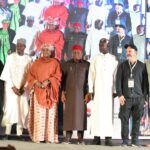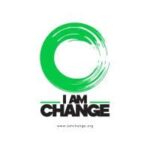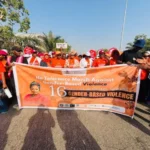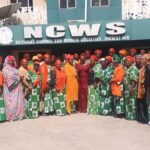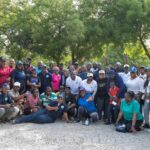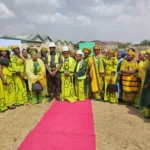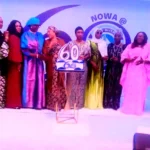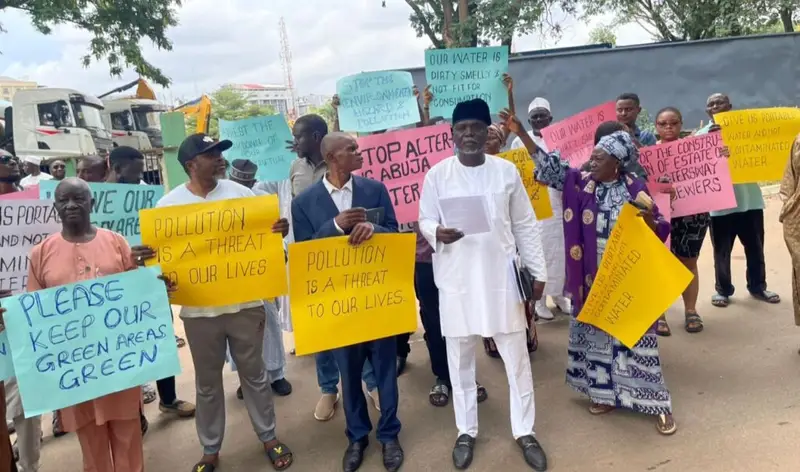Abuja neighbourhood association protests conversion of green areas, seeks Tinubu’s intervention
By Angela Atabo The Wuse Zone 6 Neighbourhood Residents Association in Abuja has called on President Bola Tinubu and other stakeholders to help halt the ongoing conversion of green areas. Protesting residents told newsmen on Thursday during a march to the Department of Development Control that the development has becomeContinue Reading

